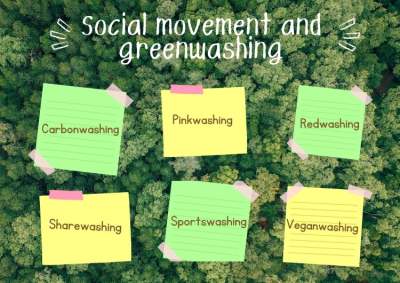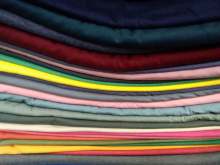We give a number of examples of companies publicly claiming to be committed to a social or environmental cause, while actually in reality carrying out activities which are doing harm to that very same cause.
If we believed everything we read in corporate social responsibility (CSR) reports, we could sleep soundly in the knowledge that the world’s richest and most powerful corporations are taking care of the world’s major problems – no need to wait for governments to get their acts together, or for people to take political action.
Long gone are the days when companies just produced consumer goods. Now we’re sold a more compassionate world. We’re expected to unbox equality, to click and collect social justice.
Sadly, our research shows there’s significant reason to believe that what companies say about their commitment to social and environmental causes isn’t always an accurate reflection of what they actually do.
In fact many companies are contributing to the very problems they claim to be working to solve.
This A-Z looks at a few of the major examples of ‘washing’ going on today including greenwashing in fashion, food and sport.








